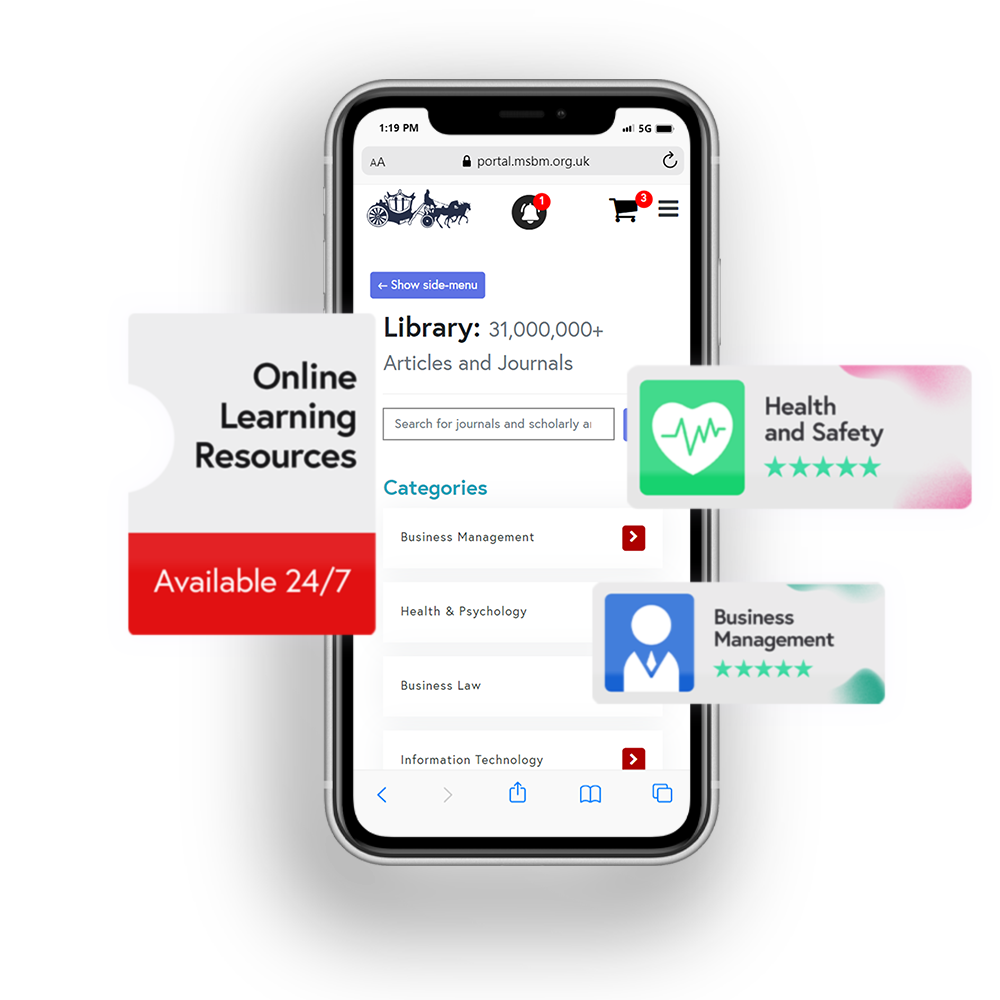Executive Master of Business Administration (EMBA) in Media and Entertainment
The Executive Master of Business Administration (EMBA) in Media and Entertainment is designed to fit around work and personal commitments. World-class teaching is delivered via pre-recorded online lectures to enrich the learning experience. MSBM has perfected the art of delivering practical skills. Our practice-based approach focuses on addressing real-world business problems.
We don’t just give you the theory; we ensure you learn how to apply it in your working life immediately, with case studies, webinars, business simulations, and 100% project-based.
The Executive Master of Business Administration (EMBA) in Media and Entertainment allows you to achieve the qualification between 8 to 10 months. It is a fast track to new opportunities and enhanced career prospects.
This programme aims to deliver a practical and realistic solution to challenges in the media and communication industry, which in turn is supported by appropriate references to theoretical and conceptual analysis.
Accreditation
All MSBM courses are accredited by the relevant partners and awarding bodies. Please refer to MSBM accreditation in about us for more details.
Entry Requirements
For entry onto the Executive Master of Business Administration (EMBA) in Media and Entertainment qualification, learners must possess:
- An honours degree in a related subject or the UK level 6 diploma or equivalent overseas qualification, i.e. Bachelors Degree or Higher National Diploma
OR
- Mature learners (over 25) with at least five years of management experience if they do not possess the above qualification (this is reviewed on a case-by-case basis)
Course Modules
This module provides the most critical information about the study course and assignment submission.
The management of human beings in a complex organisation- including human resource planning and development, assessment of future needs, building the personnel function to meet the needs of developing organisations, developing career paths, training programs, and policies. Resource loyalties, managing personnel to elevate individual contribution and increase quality, and lowering operational costs topics are additionally covered in this course.
This course teaches students to comprehend the concerns and challenges that strategic management managers encounter. It introduces students to concepts, methodological techniques, and instruments that are applicable to the analysis of an organization's strategic position. Students will learn how to establish and implement strategies and policies, as well as their significant operational implications, in this course.
The production and operation functions in business are the themes of this course. Evaluation and growth of production and operations management (POM); POM problems; productivity (planning and control) and its measurement; forecasting demand; basic qualitative and quantitative forecasting techniques in major production; inventory control; single and multiple period inventories; statistical quality control; management problems; and case studies.
During this course, students will learn to distinguish between the international marketing concepts of products or services. From a managerial standpoint, understanding the international marketing environment and the conditions that influence market selection, product decisions, policy and price, distribution channels, and various levels of marketing communications will be explained.
Here, the learner will submit a self researched graduation project to apply the concepts learnt and skills acquired during the course
Workshops
Workshops are conducted by live webinars for online students.
Classroom workshops are available if there is a local branch in your country. Speak to our course advisors on this subject.
Visa Requirements
There is no Visa requirement for this programme.








































